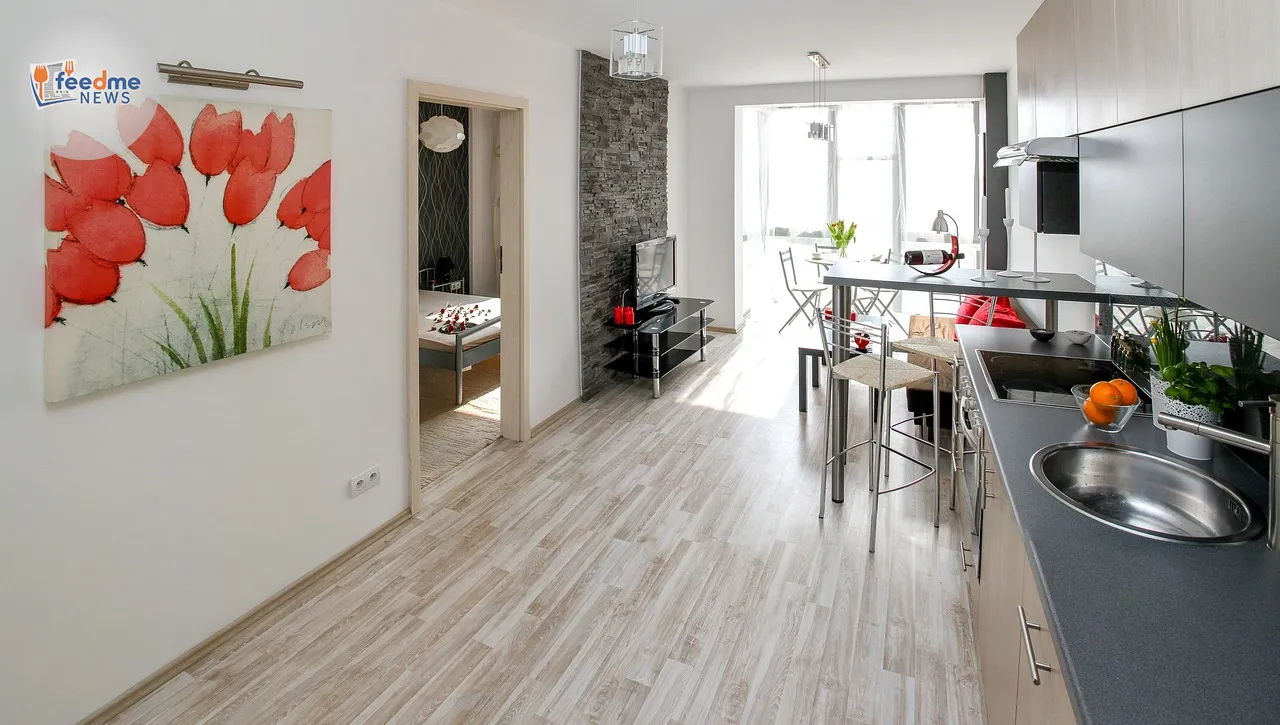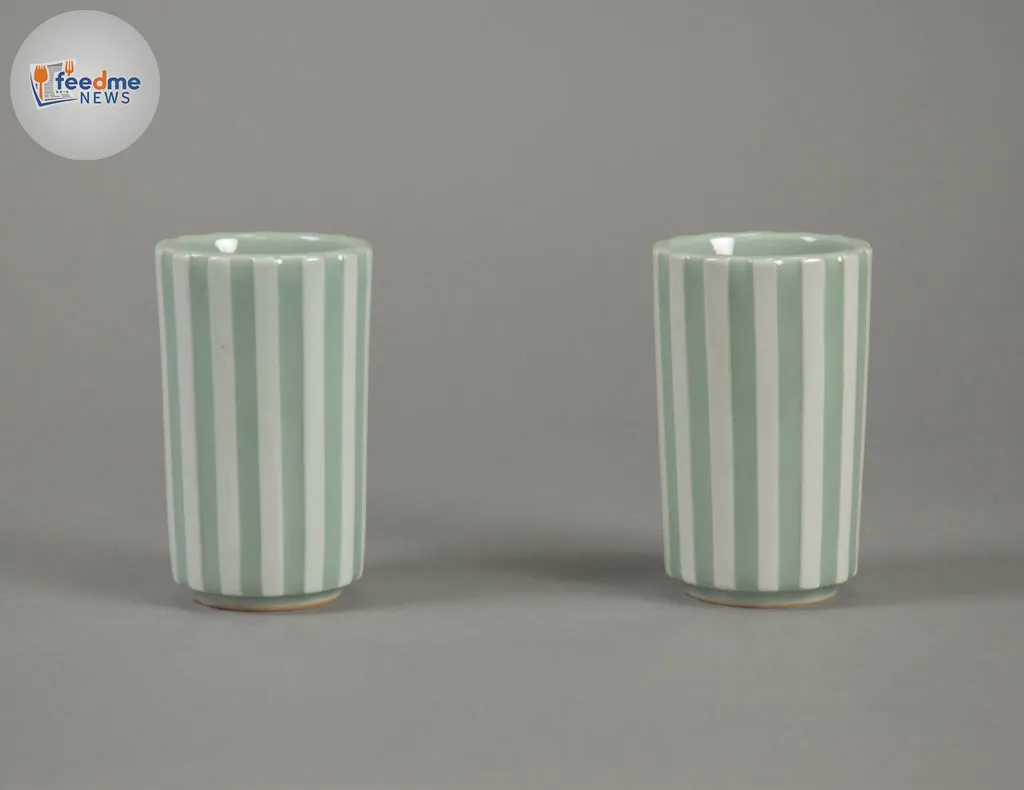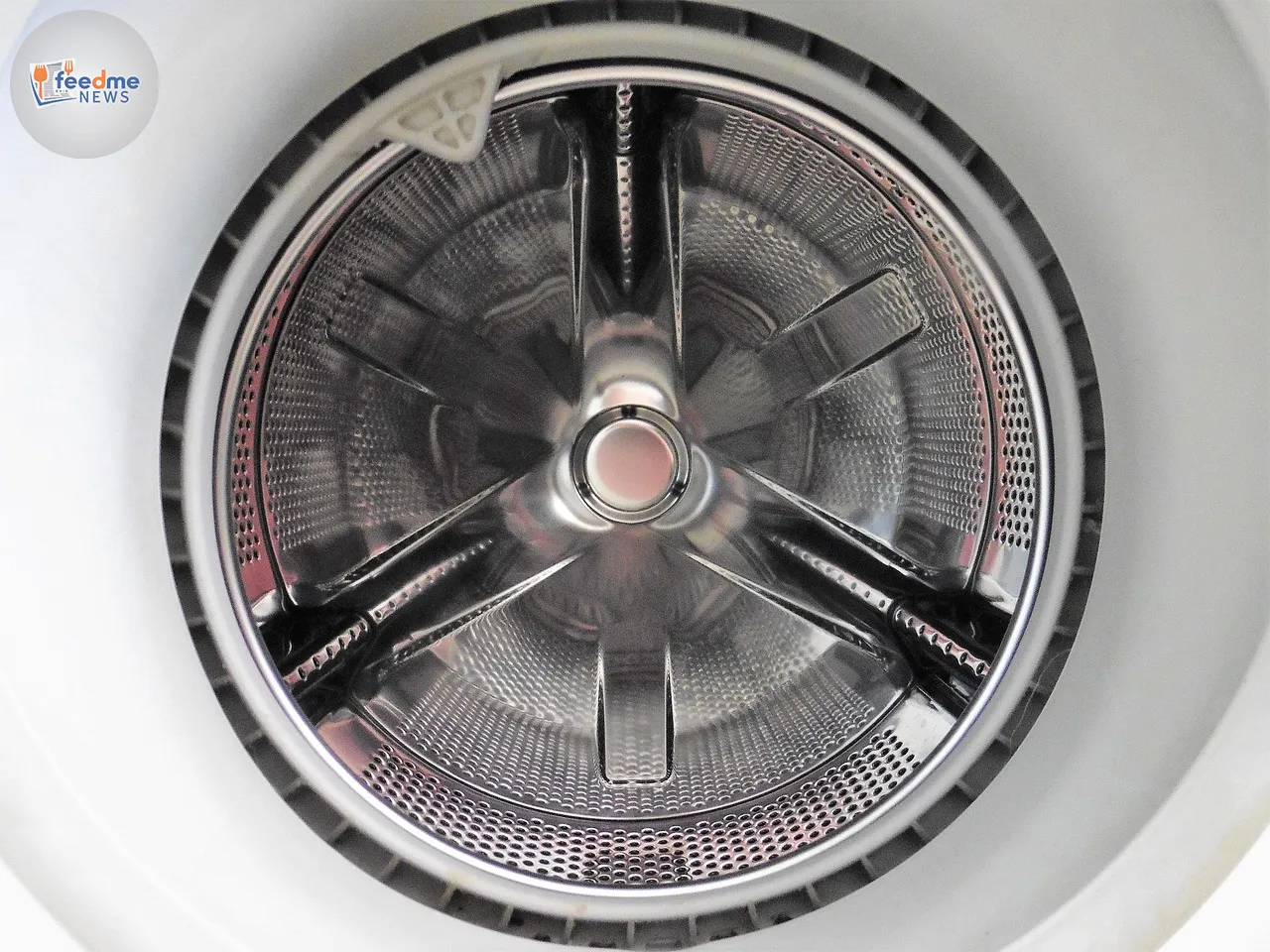Apartment Therapy has published a new lifestyle piece that places mindset at the heart of staying tidy. The article, titled “5 Habits to Steal from Organized People,” argues that the difference between a chaotic home and a calm one often comes down to how people talk to themselves. In the article listing, the outlet states: “When it comes to everyday messes, organized people don’t necessarily have better habits, they just have different inner dialogue.” The framing taps into long-running interest in simple, repeatable habits that help busy readers manage daily life. It also reflects a shift in advice media towards practical guidance that couples routine with attitude, rather than chasing flawless systems. For readers who value small, realistic changes, the focus on inner dialogue and habit patterns signals a pragmatic approach.
The piece went live on Monday, 24 November 2025, at 15:15 (-0500) on Apartment Therapy’s main feed. Readers can access the article via the outlet’s website: https://www.apartmenttherapy.com/how-to-be-organized-37515792.
The guide emphasises inner dialogue over rigid routines
Apartment Therapy’s teaser makes a clear claim: organised people think differently about everyday messes. The quote highlights “inner dialogue” as a key lever for behaviour. That emphasis places less weight on strict systems and more on the moment-by-moment choices people make at home. It positions organisation as a skill anyone can build, rather than a trait someone either has or lacks.
The headline — “5 Habits to Steal from Organized People” — signals a practical format that readers recognise. Habit lists invite quick reading and direct action. Pairing habits with mindset hints that the guidance likely covers not only what to do, but also how to view messes and chores when they pile up. The outlet’s framing sets expectations for straightforward advice that meets readers where they are.
Why organisation advice draws steady interest online
Lifestyle audiences return to home-organisation content because it promises immediate relief. People want fewer decisions and less visual noise. Articles that stress habits that fit into daily life (like resetting a room or clearing a surface) tend to travel well, because many readers can act on them in minutes. Clear, incremental advice also suits the stop-start rhythm of modern routines.
This kind of content performs well for publishers because it answers evergreen questions. How do you start when you feel overwhelmed? What should you do next when time feels short? A headline that foregrounds “habits” and “organised people” suggests social proof: copy what works for those who already manage their homes well. That appeal remains durable across seasons and platforms.
What habit-focused advice often covers for busy households
Guides that centre on habit building usually group steps into small, repeatable actions. Typical ideas include choosing a set time for a quick tidy, putting things back immediately after use, or using simple baskets and trays to contain items. Many pieces also encourage readers to focus on one surface or one room at a time. These themes do not require buying new products or tackling large projects.
Writers often frame these habits as small wins that reduce friction. They encourage readers to keep tools within easy reach and to design routines around real life. This approach favours consistency over perfection. It gives readers permission to aim for “good enough” maintenance rather than head-to-toe resets that rarely happen on a weekday.
The language of self-talk and its link to action
By highlighting “inner dialogue,” Apartment Therapy points to the language people use when they face clutter. Many advice pieces suggest that small wording shifts can change behaviour. For example, replacing “I’m bad at this” with “I can take one step now” refocuses effort on the next action. That change in tone can lower the barrier to getting started.
In practical terms, self-talk can shape whether someone takes two minutes to put away laundry or leaves a pile for later. Mindset-first framing does not erase the need for tasks. It reframes them in terms that feel doable. This angle mirrors a wider trend in lifestyle writing that ties daily practice to self-management skills, rather than to personality labels like “messy” or “neat.”
Apartment Therapy’s role in home and lifestyle advice
Apartment Therapy has built an audience around home life, including organising tips, cleaning strategies, renter advice, and small-space design. Its pieces often highlight real homes and practical changes that readers can apply without major cost or renovation. The site’s editorial focus sits at the intersection of aesthetics and everyday function, which makes organisation a natural beat.
A guide that stresses habits and inner dialogue fits the brand’s tone. The outlet frequently packages ideas in numbered lists and short, actionable paragraphs. Readers who visit for accessible advice expect that format. This new article’s headline and description align with that approach and speak to readers who want direction they can try the same day.
How to read the piece and apply it responsibly
Readers who click through can expect a “steal these habits” structure that presents a few clear practices. Given the framing, the piece likely links those habits to mindset cues that guide the next small action. Readers who already follow Apartment Therapy’s organising coverage will recognise the balance of routine and attitude that the outlet favours in service journalism.
As with any advice, context matters. Not every habit fits every home. People with children, pets, shift work, roommates, or limited storage face different constraints. A mindset-first lens helps readers adapt ideas to their lives. Rather than chasing a rigid rule, readers can test one habit at a time and keep what makes their days easier.

What sets this angle apart in a crowded field
Many organising guides focus on tools or full-home overhauls. Apartment Therapy’s emphasis on inner dialogue stands out because it starts at the moment of choice. That angle encourages readers to notice the thought that comes before the action. It also treats organisation as a practice that can improve with gentle prompts, not as a standard that invites guilt.
The accessible tone of the headline — “5 Habits to Steal from Organized People” — adds to that appeal. It frames learning as borrowing, not as remaking your life. It suggests that readers can test ideas quickly and decide what sticks. In a crowded advice landscape, practical tone and mindset cues remain a strong pairing.
The takeaways from Apartment Therapy’s latest guide point to a simple idea: small habits matter more when the voice in your head supports them. By underscoring “inner dialogue,” the outlet invites readers to look at the link between thought and action in the home. The article appeared on Monday, 24 November 2025, at 15:15 (-0500), and offers a fresh path into a familiar topic. Readers who want relief from daily messes can start by shifting their language and trialling one habit at a time. For lifestyle publishers, the steady interest in this kind of service piece confirms that clear, mindset-aware advice still meets readers’ needs and fits the way people live now.






